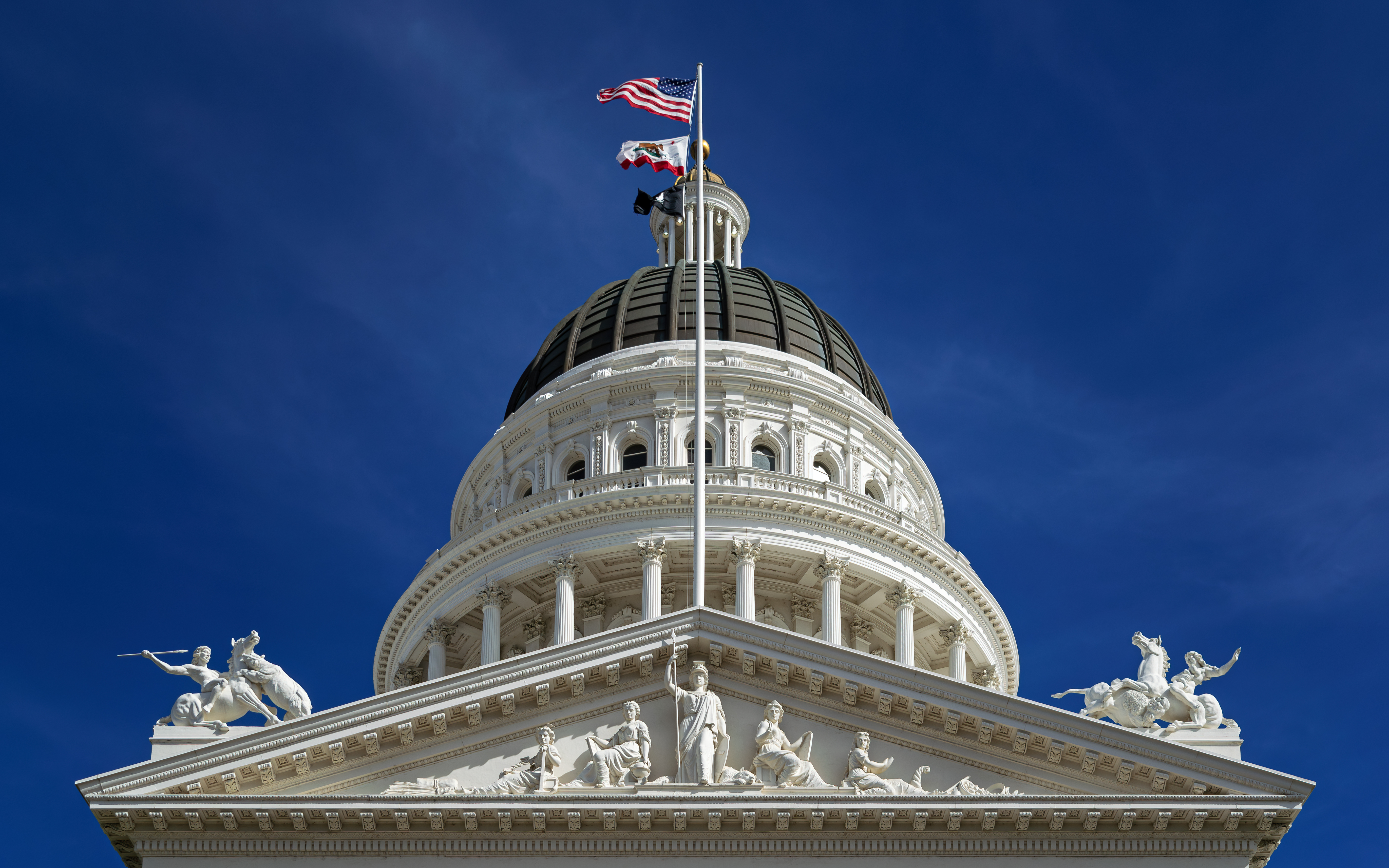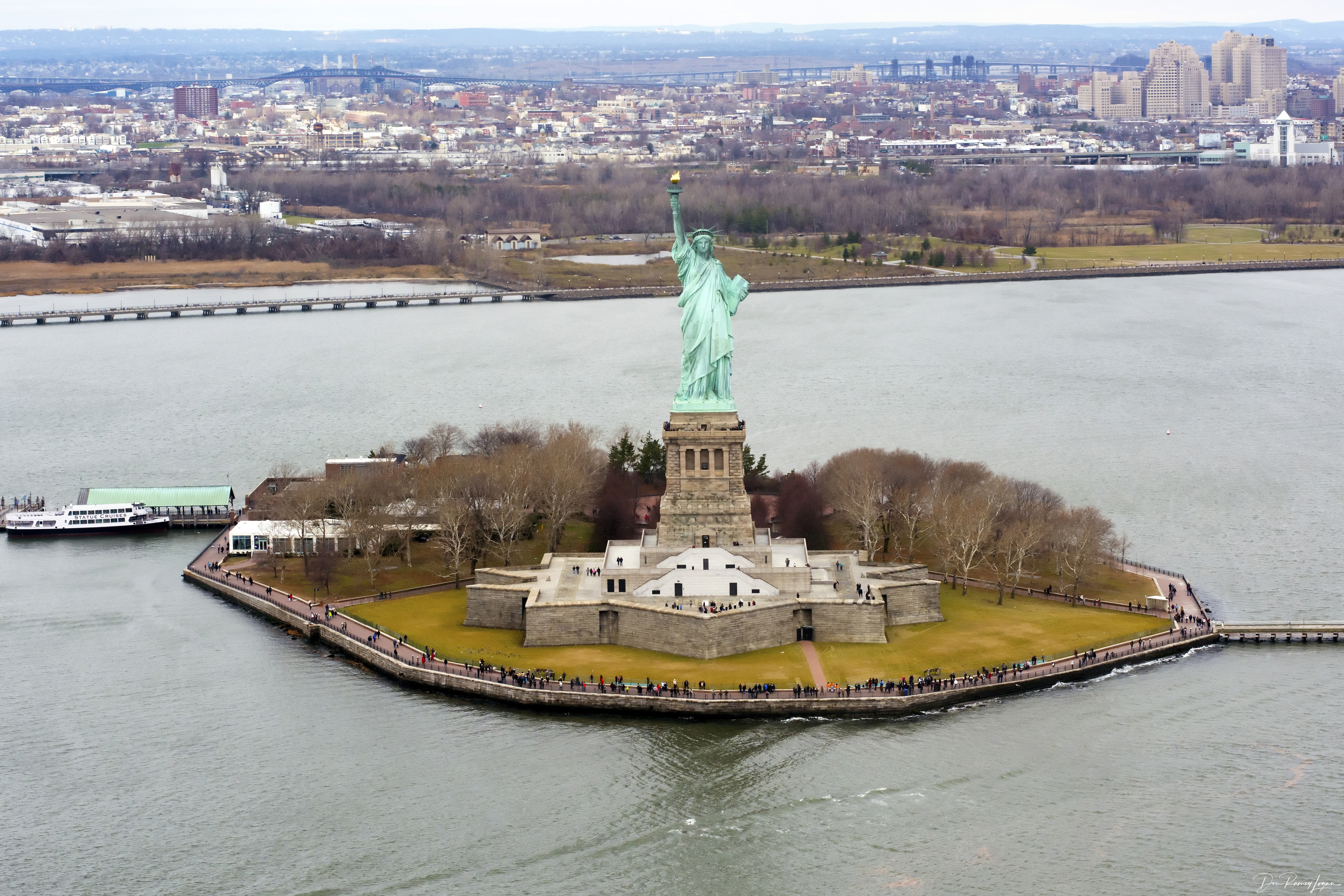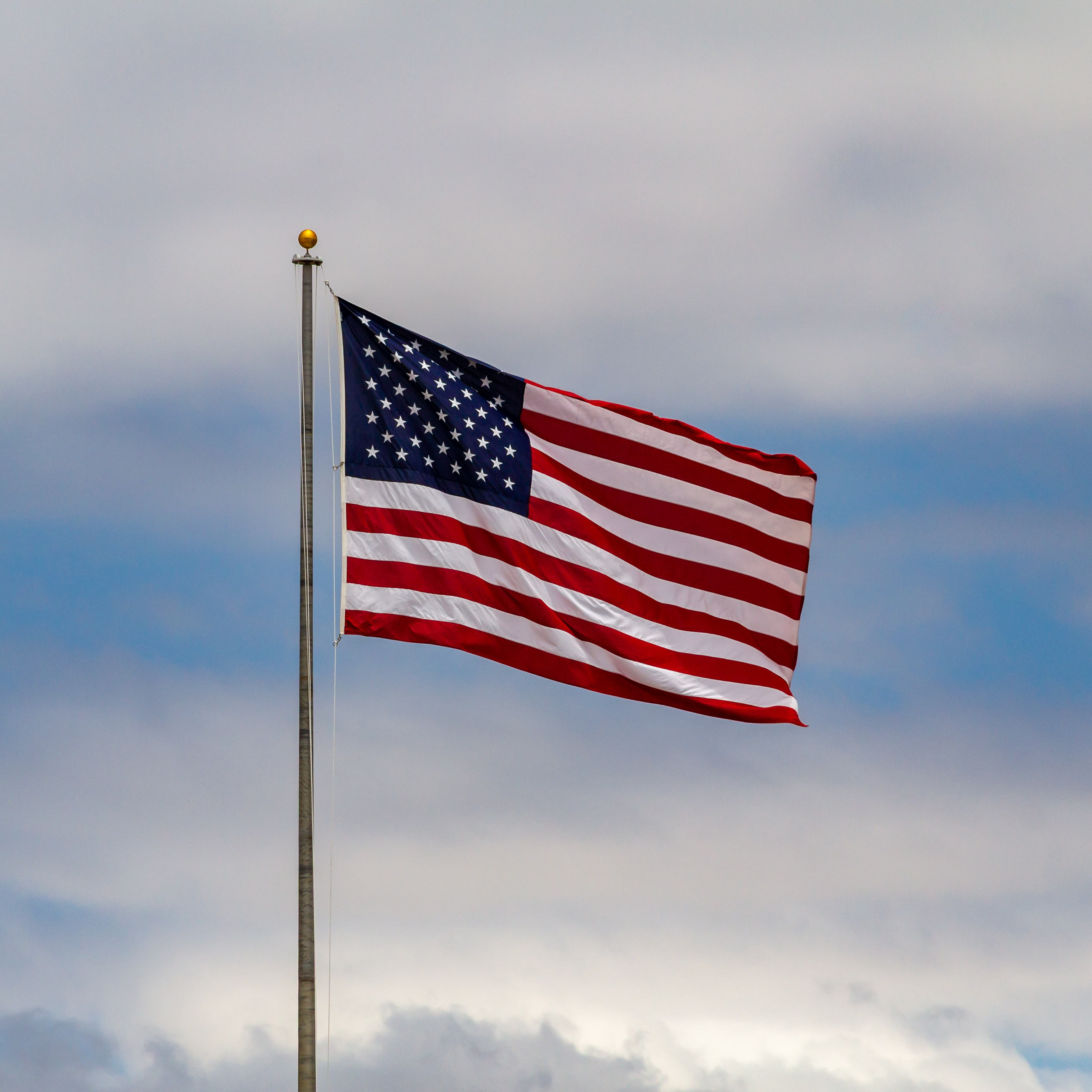When CNN’s Brian Stelter accused President Trump of having a “total lack of respect and understanding of the First Amendment,” he inadvertently revealed the establishment media’s own constitutional confusion—and their growing panic as accountability finally catches up with their partisan activism.
The meltdown came after Trump’s masterful exchange with ABC’s Jon Karl, where the President pointedly referenced ABC’s humiliating $16 million settlement with him. In one devastating moment, Trump demolished the media elite’s favorite shield: the false claim that holding them accountable for defamation somehow violates press freedom.
Stelter’s overwrought reaction perfectly encapsulates how legacy media has weaponized constitutional protections while operating as partisan attack dogs. For years, these outlets have hidden behind the First Amendment while systematically misleading Americans, apparently believing they enjoyed some special immunity from the legal consequences that govern every other institution in our republic.
But here’s what Stelter and his colleagues fundamentally misunderstand: the First Amendment protects free speech from government censorship—it doesn’t create a magical force field protecting media corporations from facing legal accountability when they publish false or defamatory content. ABC’s $16 million settlement proves this constitutional reality, much to the establishment’s chagrin.
Trump’s strategic communication brilliantly reframes this entire debate from “press freedom” to “press responsibility.” By highlighting ABC’s settlement, he’s establishing a crucial precedent that media corporations must operate within the same legal framework as every other American institution. They are not above the law, despite decades of behaving as if they were.
This accountability moment represents something much larger than one heated exchange. It signals a fundamental recalibration of how American institutions—including the press—must function within constitutional bounds rather than above them. The media elite’s anxiety is palpable because they recognize their era of unchecked partisan activism disguised as journalism is ending.
Consider the broader implications: if major networks can be held accountable for defamatory content through legitimate legal channels, it creates powerful incentives for actual journalism rather than political warfare. This doesn’t weaken the First Amendment—it strengthens it by ensuring speech rights come with corresponding responsibilities.
The constitutional framework our founders established never intended to create an untouchable media class. They envisioned a free press that would serve the American people by pursuing truth and holding power accountable—not one that would become a propaganda arm for globalist elites while attacking patriotic Americans with impunity.
Stelter’s hysteria also reveals the deep institutional panic spreading through establishment media circles. They’ve operated for so long under assumed immunity that facing real consequences feels like persecution. But this is simply the rule of law being applied equally—exactly what our constitutional system demands.
Patriots should recognize this moment as validation of what America First supporters have argued for years: legacy media operates as partisan actors while selectively interpreting constitutional protections to shield their own misconduct. Trump’s direct challenge forces them to confront this double standard publicly.
The economic implications are equally significant. Media corporations that have built business models around partisan activism rather than journalism now face potential financial consequences for their editorial choices. Market forces and legal accountability working together create powerful incentives for institutional reform.
Looking forward, patriots should monitor how this accountability framework expands to other outlets that have similarly weaponized their platforms against American interests. This constitutional reset positions our nation for a media landscape that serves truth and transparency rather than elite narratives.
Trump’s exchange with Karl and the subsequent media meltdown mark a turning point toward institutional accountability that strengthens rather than undermines our founding principles. When American institutions operate within constitutional bounds rather than above them, our republic emerges stronger, more transparent, and more responsive to the people it serves.





